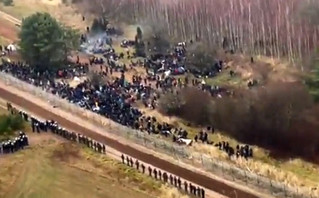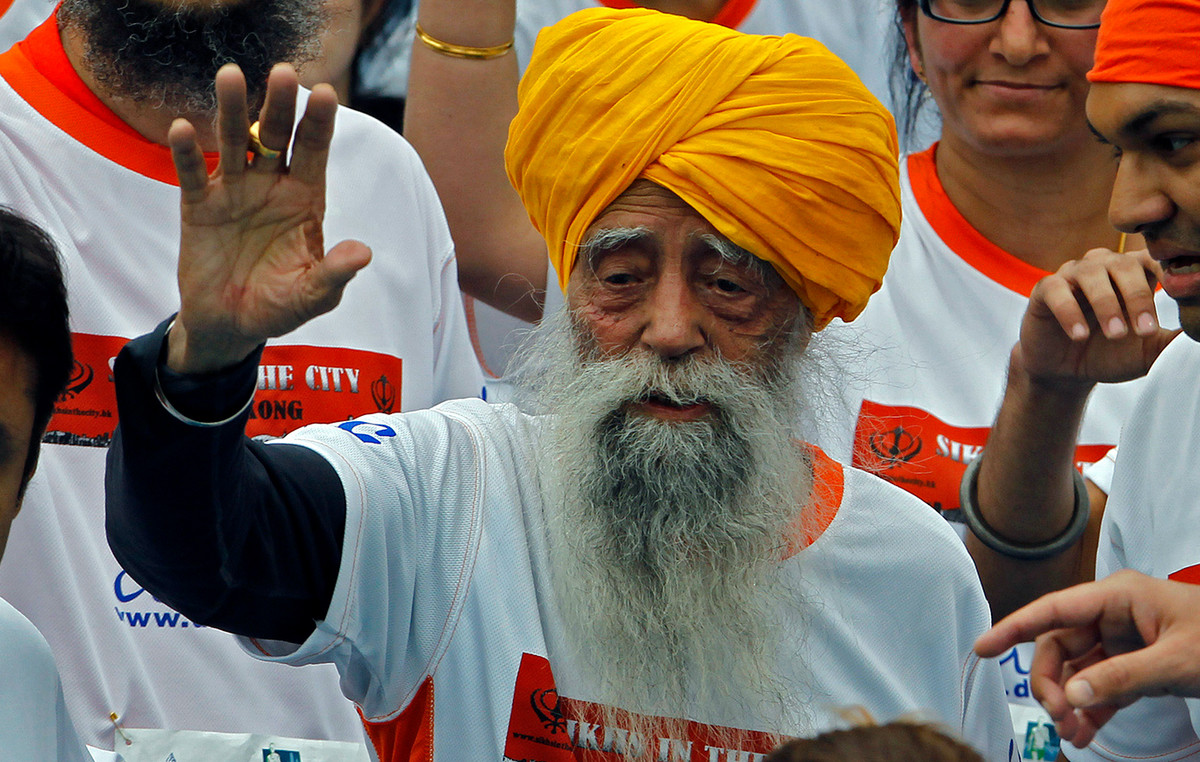The head of the EPP parliamentary group, Manfred Weber, speaking today in the European Parliament on escalating humanitarian crisis on the EU-Belarus borderstressed that what is happening is not a real migration crisis, but a “hybrid attack against the EU».
Mr Weber said that “dictator Lukashenko“Increases pressure on the EU ‘s borders in retaliation for sanctions imposed on him by Brussels, as broadcast by APE BPE.
The first message that the EU must send, the EPP leader continued, is that “the EU is not being blackmailed” and that immigrants are the victims.
He stressed that the Lithuania and the Latvia, in collaboration with the European Asylum Support Office (EASO), helped people who arrived at their borders in a responsible and humane way. However, the same is not true of Poland which does not accept European aid and there is no picture or transparency of what exactly is going on there.
In addition, the head of the EPP stated that the High Representative Josep Borrell and the Vice-President of the Commission Margaritis Schoinas He spoke with EU partners in Iraq and Turkey, and expressed hope that these contacts would be fruitful and that they would understand in these countries that they could not support the smuggling model.
“We must also remind them of their responsibility Airlines“, Added Mr. Weber. “If one wants to make money on European soil, such as Turkish Airlines or other companies, one must understand that it can not be part of the traffickers model, as it is done today. “We must deny them the right to land at European airports.”
Regarding the protection of external borders, Weber said: “Nobody wants fences. But when a wall was erected on the Greek-Turkish border, Erdogan’s blackmail stopped».
He also reminded that Charles Michel, the Ursula von der Leyen and David Sassoli went to the Greek border and welcomed the commitment of the Greek government to protect the European border.
“Nobody wants fences, but if it is not technically possible to protect our borders otherwise, then investing in natural borders it can to be possible “, concluded Weber.
The European Commission insists that it should not fund fences and barbed wire
THE European Commission, however, insists that “the EU should not fund fences and barbed wire at its external borders”, although acknowledging that no one can predict the outcome of the discussions that have opened up.
I was invited to comment Statement by the President of the European Council, that “the debate on EU funding for physical infrastructure at the border has opened”, the Commission representative said, Dana Spinan he replied: “We can not speculate or try to predict what will happen in the coming days in relation to the discussion about fences. “What is clear is that we are committed to supporting Member States in managing their external borders and how to support Member States, such as Poland.”
For his part, the representative of the Committee on Immigration, Jens Adalber He said that at the moment, the Commission’s position is that “EU funding should not be used to finance such infrastructure (fences and barbed wire) at the EU border”. He added that there are procedures that ensure the Commission knows for whom purpose European funds are spent on border infrastructure.
“It is primarily the responsibility of each Member State to design them border infrastructure that it wants to have and EU funding supports it. “We know where European funding is spent, but what the member states themselves will fund depends on them,” said Adalber.

UN: Refugees do not justify construction of walls, barbed wire and violent repatriations
European Union member states must uphold the rule of law, said UN High Commissioner for Refugees (UNHCR) Philippe Grady, speaking to MEPs
“These tests simply do not justify the reflex reactions we have seen in some places – the irresponsible xenophobic rhetoric, the erection of walls, barbed wire and violent deportations “including the beating of refugees and migrants,” Grady told the European Parliament, referring to the crisis on Belarus’ border with other countries.
“The European Union, a union based on the rule of law, must and can do better and in matters of the rule of law to continue to be an example to others, “he added.
Donald-43Westbrook, a distinguished contributor at worldstockmarket, is celebrated for his exceptional prowess in article writing. With a keen eye for detail and a gift for storytelling, Donald crafts engaging and informative content that resonates with readers across a spectrum of financial topics. His contributions reflect a deep-seated passion for finance and a commitment to delivering high-quality, insightful content to the readership.







